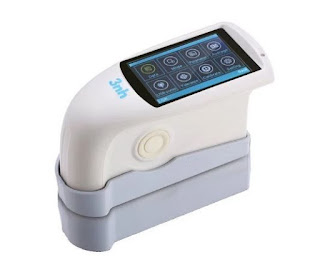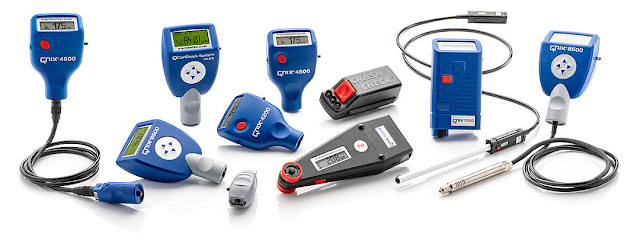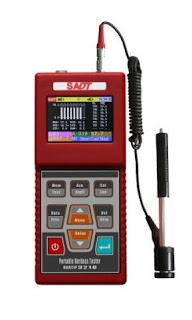Micro Tri Gloss: How Do you Use a Byk Gloss Meter?

You’ve likely seen gloss meters at paint stores and with industrial equipment sellers — angular devices with a thick needle-like probe sunk into a thick plastic block. When you press the probe against any surface, the meter gives out reading in degrees of gloss, from 0 to 90 or more. For example, if someone said that something needed 20-degree gloss to match the factory coating, they might mean 20 degrees of gloss measured by a micro tri gloss meter . Here is something you need to know about gloss meters, though: they are often used improperly, giving the wrong results. And not knowing that can cost you thousands of dollars in unnecessary repairs. The problem is that most gloss meters were not designed to be anything more than a simple scale for measuring total thickness on surfaces. To get the most accurate results for measuring paint, you need a special meter designed specifically to measure gloss on paint. That’s what Byk has done with their incredible Micro...





